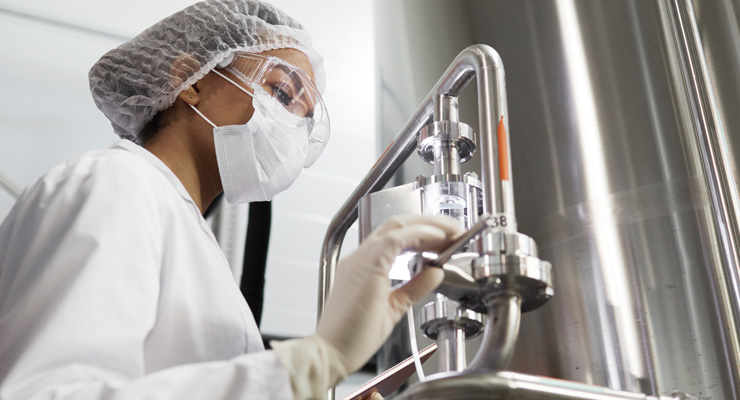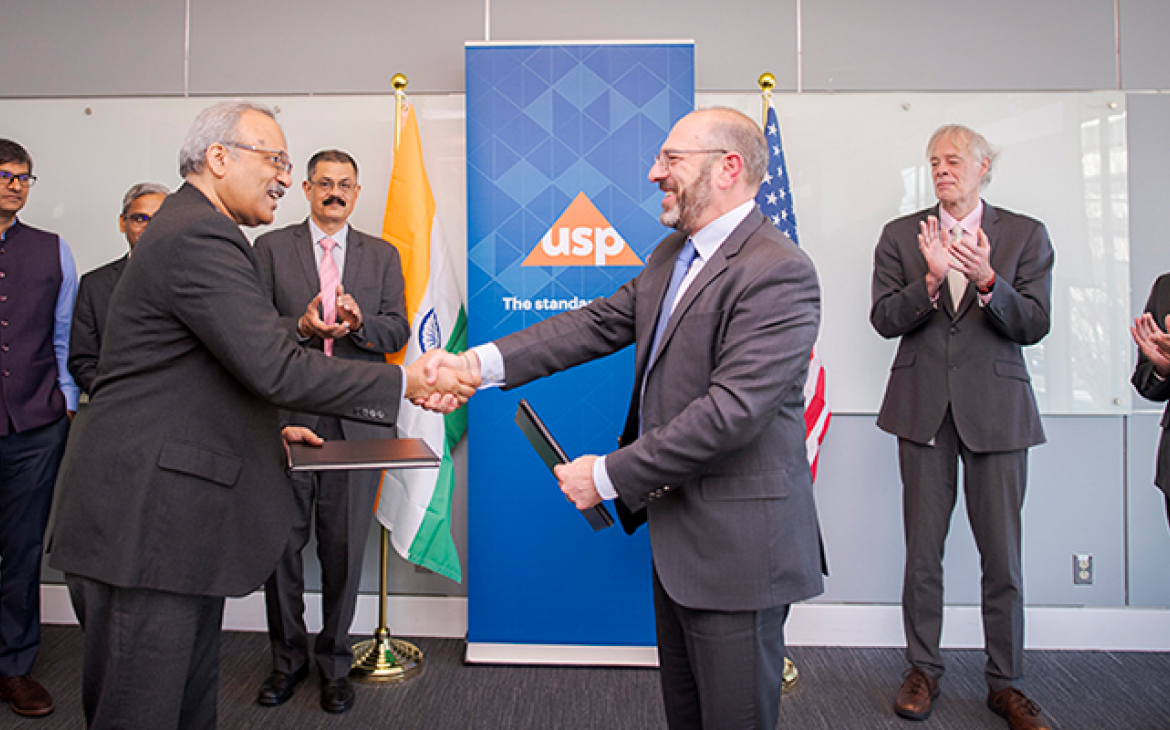
Local ‘last-mile’ vaccine production could improve health security in Africa
While the global vaccination effort to curb the spread of COVID-19 continues to ramp up worldwide, access to COVID-19 vaccines, particularly in low- and middle-income countries, remains staggeringly low. In fact, low- and middle-income countries received less than one percent of available doses.
In Africa, countries have long been dependent on foreign manufacturers for vaccines. The continent currently imports more than one billion doses of vaccines each year, but produces less than one percent locally.
Looking to local manufacturing
While immediate actions such as sharing vaccine surpluses can help rectify this imbalance, longer term solutions are critical to sustainably improve health security in Africa. Local manufacturing of COVID-19 vaccines is one possible, yet largely untapped solution to expand access for the populations that need these vaccines the most.
Recently, the idea of local vaccine production has been gaining unprecedented attention at the highest political levels during the COVID-19 pandemic. Earlier this month, the African Union and Africa Centres for Disease Control and Prevention (Africa CDC) convened a two-day virtual conference to discuss strategies to increase local production of COVID-19 vaccines and produced a new framework to address the issue.
However, the major financial investment and lack of technical know-how required to establish vaccine manufacturing capacity are often cited as major barriers to the nascent local manufacturing industry. Focusing on expanding “last-mile” manufacturing capacity might help address these challenges and provide a foundation for broader vaccine manufacturing capabilities.
Advantages of ‘last mile’ manufacturing
Last-mile manufacturing refers to the final few steps in filling, finishing, packaging, and distributing medicines and vaccines.
The relatively lower complexity of these downstream steps provides multiple entry points for African countries that have limited manufacturing capacity. As countries build last mile manufacturing capacity, they become better positioned to reinvest in further expanding in more advanced, upstream steps in the manufacturing process, an approach known as backward integration.
The relatively lower complexity of these final few downstream steps provides multiple entry points for African countries that have limited manufacturing capacity. As countries build last-mile manufacturing capacity, they become better positioned to reinvest in further expanding in more advanced, upstream steps in the manufacturing process, an approach known as backward integration.
Moving the downstream manufacturing steps closer to the point of use confers multiple benefits:
- Shortening the supply chain means fewer intermediaries and points for substandard or falsified products to enter the market.
- Expanding local vaccine manufacturing could make supply chains more resilient and responsive to local needs, while supporting local economies.
- Strengthening capacity for last-mile manufacturing would not only expand access to vaccines for COVID-19, but also for other priority diseases.
The way forward
Scaling-up local manufacturing of vaccines across Africa could occur incrementally through investments in stepwise improvements, including increasing technical readiness, strengthening regulatory systems, and supporting policies and markets. To succeed, partnerships and collaboration with donors, manufacturers, facilitators of technology transfers, and regulators are essential.
Making quality-assured vaccines available quickly is key to ending the global pandemic. Yet current estimates show that many countries may not reach herd immunity until 2024. It is time to invest in capacity that will enable African countries to respond effectively to the COVID-19 pandemic and future pandemics. For more information, read the whitepaper


